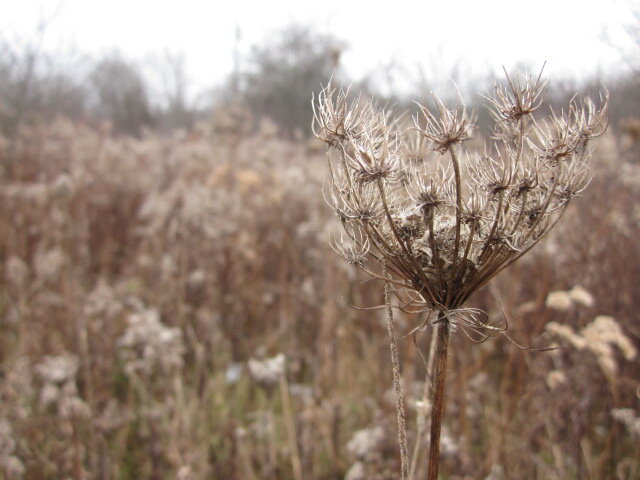Topsoil Companies Share Sources and Practices in Response to Consumer Uncertainty
This spring, I had the privilege of taking a Newswriting and Reporting class through NYU’s School of Professional Studies. I took the class to improve my interviewing skills and learn more about journalism ethics for A Nourishing Harvest.
For my final class project, I wanted to learn more about topsoil available for sale. Where is it collected from? It is processed or amended in any way? Do topsoil companies test for nutrients, pH, heavy metals, and/or other contaminants?
What are the "Other" Ingredients in Lawn Care Products? Inerts & Adjuvants
Take a gander at the ingredients on an herbicide or pesticide label and you'll note that "other" or "inert" ingredients significantly outweigh the active ones.
So what's in there?
Lawn Chemical Safety: Using Critical Thinking
If you casually surf the web to learn about the safety of a particular lawn chemical, you may walk away feeling comforted by information provided by the US EPA or the company selling the chemical. However, there's a solid body of research indicating that the health and environmental problems associated with these products are cause for concern. What's with the conflicting information?
In this article, I'll explore some factors that contribute to our haziness around lawn chemical safety. Understanding these variables allows us to read safety claims with a critical eye.
How Come Herbicides Don't Kill the Grass?
Working for three organic or naturally-grown veggie farms taught me plenty about quality compost, foliar feeding with seaweed emulsion, mulching and intercropping to suppress weeds, and encouraging beneficial insects for pest management. However, it did not teach me a lick about conventional herbicides.
To gain a better grasp of safety when harvesting in the vicinity of treated lawns--whether physically or time-wise, months or years post-treatment-- I'll offer a series of articles delving into lawn chemicals. Here, we'll look at the categories of herbicides that are commonly used today and how they work.



